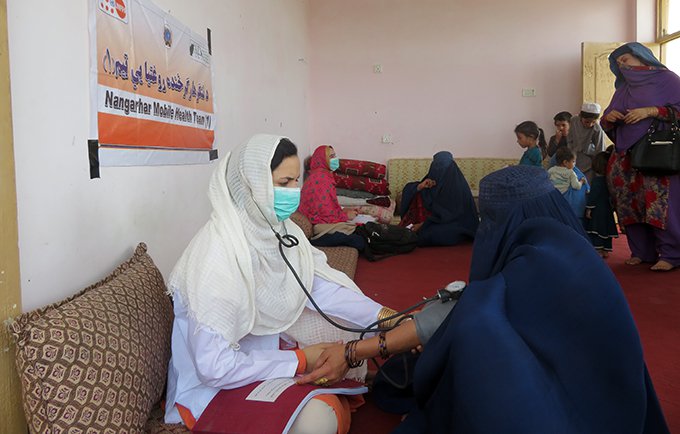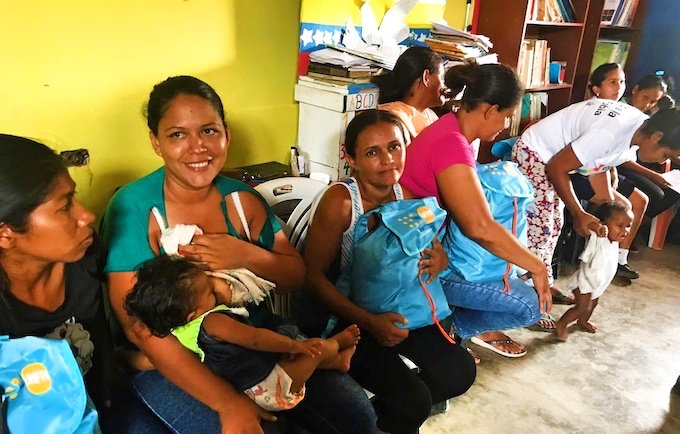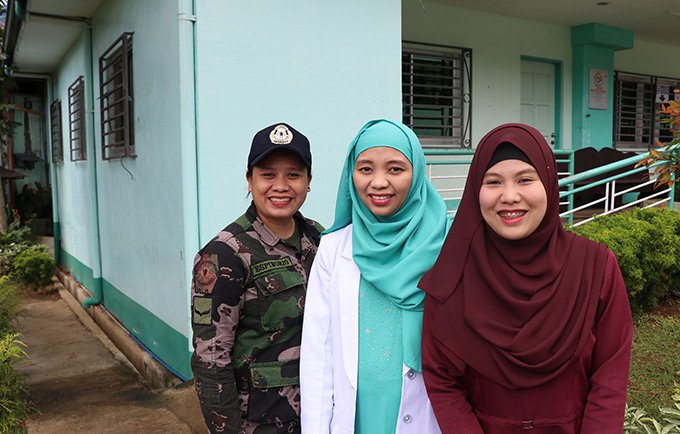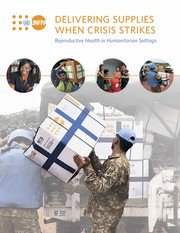Violence starts early in the lives of women
Lifetime prevalence of intimate partner violence among ever-partnered women (WHO, 2013)
|
AGE GROUP (YEARS)
|
PREVALENCE (%)
|
|---|
|
15-19
|
29.4
|
|
20-24
|
31.6
|
|
25-29
|
32.3
|
|
30-34
|
31.1
|
|
35-39
|
36.6
|
|
40-44
|
37.8
|
|
45-49
|
29.2
|
|
50-54
|
25.5
|
|
55-59
|
15.1
|
|
60-64
|
19.6
|
|
65-69
|
22.2
|
Scale of the problem
The issue of gender-based violence reaches every corner of the world. The numbers of women and girls affected by this problem are staggering. According to World Health Organization (WHO) data from 2013, one in every three women has been beaten, coerced into sex or abused in some other way – most often by someone she knows. One in five women is sexually abused as a child, according to a 2014 report.
WHO's data also indicates that women who have been physically or sexually abused are 16 per cent more likely to have a low-birth-weight baby, and they are twice as likely to have an abortion. In some regions, they are 50 per cent more likely to acquire HIV, according to a 2013 report from UNAIDS.
Gender-based violence is not only a violation of individual women’s and girls’ rights. The impunity enjoyed by perpetrators, and the fear generated by their actions, has an effect on all women and girls. It also takes a toll on a global level, stunting the contributions women and girls can make to international development, peace and progress.
Support for survivors of violence
Despite the extensive work done by women’s organizations, governments and other partners, many women and girls who are subjected to violence still lack access to essential services that support their safety, health and access to justice. To respond to these needs, in 2013 UNFPA and UN Women initiated the Joint Global Programme on Essential Services for Women and Girls Subject to Violence. In collaboration with other UN partners, the programme is developing guidance to improve survivors’ access to these services and to ensure the quality of these services, with a particular focus on health, justice (including policing and legal aid), social services (such as psycho-social counselling, helplines and safe houses), and coordination and governance.
UNFPA also plays a key role in addressing gender-based violence through its programmes on sexual and reproductive health. Health services are among the first places survivors of abuse seek assistance. As the lead UN agency working on sexual and reproductive health and reproductive rights, UNFPA has critical opportunities to reach affected women and girls. Additionally, most women – even in remote areas – are likely to seek family planning or maternal health services at least once in their lifetimes, making health care a critical entry point for violence-related information and assistance.
UNFPA-supported health programmes provide information about women’s and girls’ rights, including their right to live free of abuse. These programmes also provide essential medical supplies, such as rape kits, to assist survivors, and support psychosocial and legal counselling. In Rwanda, for example, UNFPA is working with other UN agencies in “one-stop centres” to address the diverse physical, emotional and social needs of survivors.
UNFPA also helps survivors of gender-based violence in humanitarian crises, where violence against women often escalates. For example, in Haiti, Uganda, Sierra Leone and Nepal, UNFPA’s humanitarian responses included addressing the needs of those who had experienced gender-based violence.
Ending violence against women
UNFPA’s efforts to address violence focus largely on women and girls because evidence indicates they are at greater risk and are generally less able to avoid or escape abuse. However, boys and men may also face sexual assault and other forms of violence. Through policy advocacy, awareness-raising and youth initiatives, UNFPA engages men and boys, not only addressing the rights of women and girls but all human rights.
Responding to violence against women in development and humanitarian settings is a strategic priority for UNFPA. This includes eliminating harmful practices such as female genital mutilation and child marriage. UNFPA works in 135 countries to address violence against women, and in 2015 alone invested over $93 million in eliminating gender-based violence and harmful practices. The Fund also collects data to accurately document incidents of violence, and helps to develop, enforce and reform national laws and policies on gender-based violence. In Mauritania, for example, UNFPA supported a programme in which midwives worked with imams to call for an end to rape. This led to the development of the first batch of national statistics on the issue and the establishment of the first centre for survivors.
UNFPA and partner UN agencies are also leading the charge to end violence against women and girls at the global level. UNFPA co-chaired the Inter-Agency Violence Against Women Task Force, and is a key partner in the UNiTE to End Violence against Women campaign, a worldwide effort led by the UN Secretary-General. And UNFPA is a member of Stop Rape Now: UN Action to Stop Sexual Violence in Conflicts. UNFPA often chairs the UN Gender Theme Groups and leads or co-leads in the coordination of responses to gender-based violence, especially in humanitarian contexts. In addition, since 2007, UNFPA has co-led, with UNICEF, the Joint Programme to End Female Genital Mutilation/Cutting, working with communities to encourage the abandonment of FGM, a harmful practice that injures women and girls.












